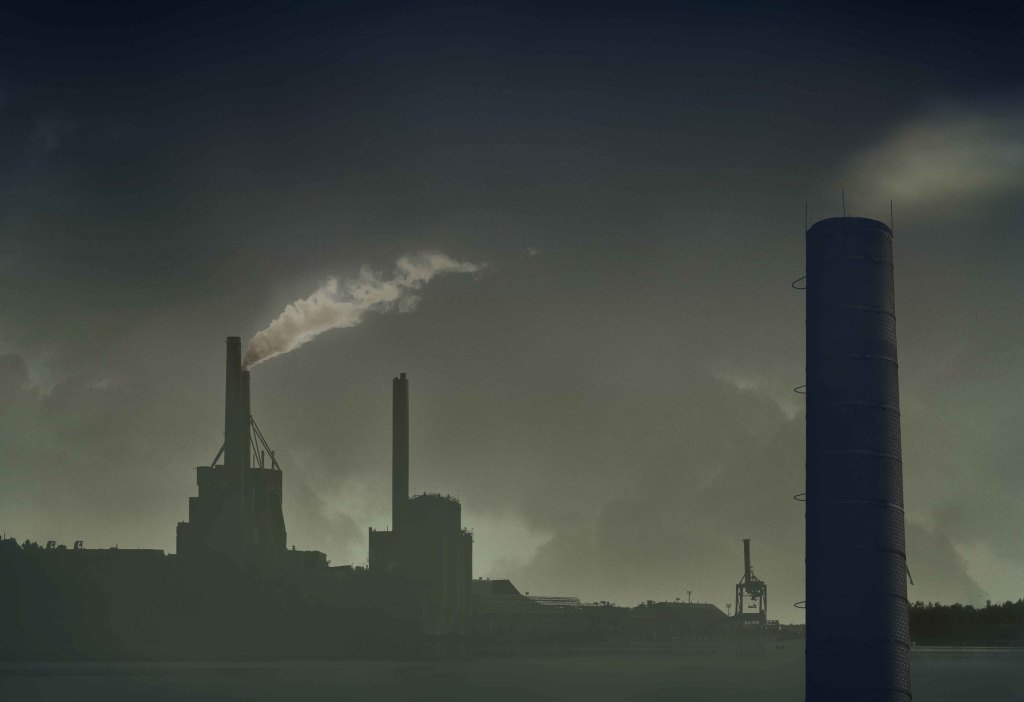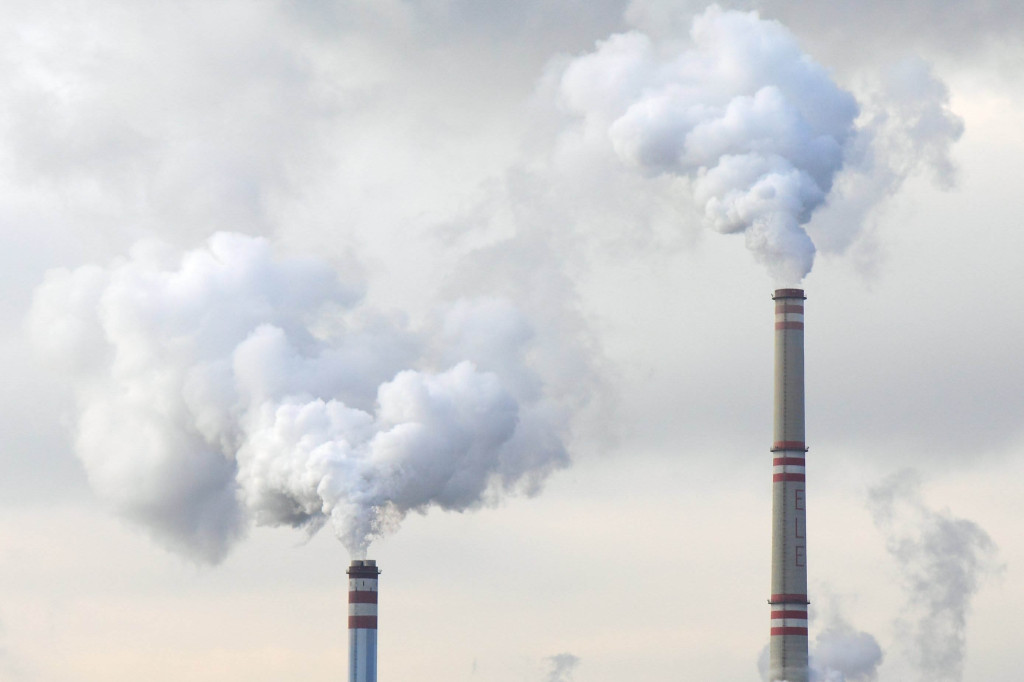Environmental upgrade 
On 24th April, 2014, the Standing Committee of the National People’s Congress of the People’s Republic of China (PRC) promulgated the revised PRC Environmental Protection Law (EPL). The original EPL had been in force and remained unchanged for 25 years since its first promulgation in 1989. The revised PRC EPL will come into force as of 1st January, 2015. Li Huini, Partner of ADAMAS, looks at this long-overdue revision and explains some of the more significant aspects.
The revised EPL contains 70 articles, which is a large expansion compared to the original 47 articles. It imposes a wide range of responsibilities on public authorities and market operators, and notably also grants enormous possibilities for the participation of non-government organisations (NGOs) and individual citizens. By bringing together efforts from all stakeholders, the new EPL promises to become a more functional tool for the protection of China’s environment.
1. Strengthening responsibilities and updating administrative measures of public authorities
With regard to environmental protection, the EPL imposes extensive responsibilities on public authorities. Any breaches of the law may lead to political and administrative punishment of any officials deemed responsible.
In addition, the new EPL also updates or upgrades environmental protection-related administrative measures, granting them a high level of legal effectiveness and enforceability. Of these measures, pollutant discharge fees and the pollutant emission licence are already well known to any enterprises that have been found guilty of discharging pollutants; pollution taxes have not yet been brought into use, with the draft Pollution Tax Law still under discussion at the legislative level.
Some new measures that have proven important and necessary during recent years’ environmental protection endeavours have been absorbed in the new EPL. For instance, the coordination mechanism for joint prevention and control in key regions is of great importance in the prevention and control of atmospheric pollution. Due to the irregular characteristics of atmospheric pollution, in the Yangzi Delta region and Beijing and its surrounding areas, where heavy pollution is frequently reported, isolated planning and prevailing standards are clearly not sufficient for effective pollution prevention. The new mechanism could prove to provide more effective in the fight against against atmospheric pollution.
 2. Increased liabilities for enterprises
2. Increased liabilities for enterprises
- Enterprises shall formulate emergency response plans to environmental incidents.
- The Environmental Protection Bureau (EPB) and other relevant competent authorities will record information on violations of environment-related laws committed by any enterprises and make the list public in a timely manner.
- Key pollutant-discharging enterprises must make public: the names of its major pollutants; the methods of emission; emission concentrations and total volume; whether the emissions exceed relevant limits; and any construction and operation of control facilities they have put in place to prevent pollution. They must also accept social supervision.
- When formulating an environmental impact report, the owner of a construction project must sufficiently explain relevant situations to the public and solicit public opinion. The EPB must make the full text of these reports public as soon as it receives them. Where it discovers that public opinion has not been sufficiently solicited, project owners will be ordered to solicit further public opinion.
In short, this means more public divulgation of business activities; more time spent on, and a higher threshold for, obtaining necessary approvals; and ultimately higher costs.
Enterprises should also note that a planned construction project may be suspended due to pollution problems of a whole geographical area. When making business plans this is a new element that must be taken into consideration.
3. Financial and other incentives
Besides imposing more liabilities, the new EPL also provides incentives to encourage enterprises to carry out their business activities in an environment-friendly way. The EPL provides explicitly that the State adopts fiscal, taxation, price and government procurement measures to encourage and support the environmental protection industry:
- When conducting procurement, public authorities must give priority to environmentally-friendly and energy saving products.
- Enterprises that reduce pollution levels lower than the mandatory legal requirements may receive fiscal, taxation, price and other governmental incentives.
Foreign enterprises that already apply high environmental standards when carrying out production in China should pay close attention to the implementation rules pertaining to these incentives pursuant to the new EPL.
 4. Enhancing transparency and encouraging public participation
4. Enhancing transparency and encouraging public participation
In recent years a lack of public information on socio-environmental affairs has threatened to harm social stability in China. The public’s right to be informed undoubtedly became an important concern that contributed to the need to revise the EPL.
The new EPL establishes a number of mechanisms that improve public dissemination of information on environmental and pollution issues. Public authorities and enterprises are both obliged to provide relevant information:
- The relevant authorities must publicise early warning information and start emergency response measures promptly when the environment is polluted and likely to affect public health and environmental safety.
- The public is entitled to access environmental information, and to participate in and supervise environmental protection in accordance with the law. The government shall disclose information and facilitate the implementation of rights for the public to access this knowledge.
- The public shall be provided with information from enterprises as mentioned in item 2 above.
All information to be disclosed according to the new EPL will definitely increase social awareness of environmental issues and consequently contribute to forming a healthier and more rational natural and social environment in China.
5. Law enforcement
Public authorities are granted more effective enforcement measures to enforce the new EPL, which is aimed at changing the current situation whereby the costs of violating the law are lower than the costs of being in compliance:
- Where an enterprise is fined and ordered to make corrections due to the illegal discharge of pollutants, but refuses to make corrections, authorities may impose consecutive fines on a daily basis according to the original amount of the fine, which shall be determined based on the operational cost of pollution prevention and control facilities, direct loss caused by the illegal act, illegal gains or other factors.
- The EPB has the power to seize and detain devices and equipment where enterprises discharge pollutants in violation of the law that result in, or might result in, serious pollution.
- Any social organisations that are registered with the civil affairs authority, or engage specifically in the public service activities in environmental protection for five consecutive years without any record of violation of laws, may file lawsuits with the people’s courts against acts that pollute the environment, cause ecological damage and harm public interests.
The consecutive daily fines enormously increase the costs of violating the law. The legal instrument of class action is now widely granted to a large range of social organisations, which means more citizens may now participate in law enforcement.
Founded in 1969, ADAMAS advises major European companies, institutions, public entities and governmental authorities on business and public law matters and assists them in litigation. In Mainland China, ADAMAS is the oldest existing foreign law firm licensed by the PRC Ministry of Justice to practice in the field of law. ADAMAS now has representative offices in Beijing and Shanghai, and partner offices in Chengdu, Guangzhou and Wuhan.
With its professional practical experience and expertise developed over four decades, ADAMAS has become now one of the leading European law firms in this dynamic and largest economic entity of Asia. Especially in the fields of environment, energy, construction and infrastructure ADAMAS successfully integrated its European expertise into its China practice and shares the best know-how with its clients and partners.


Recent Comments